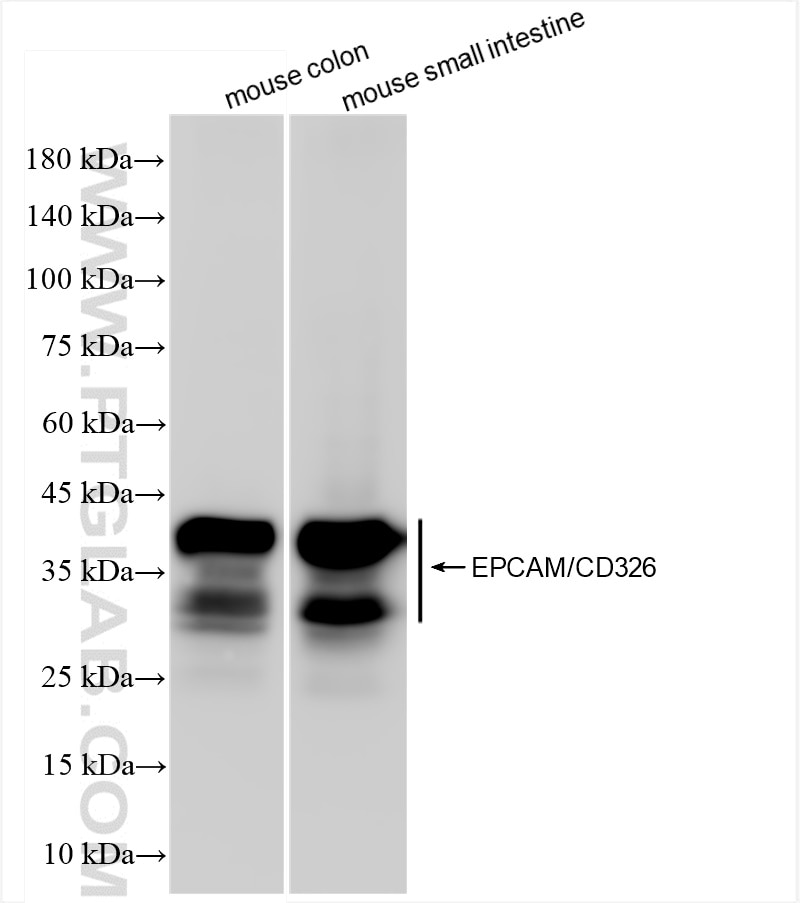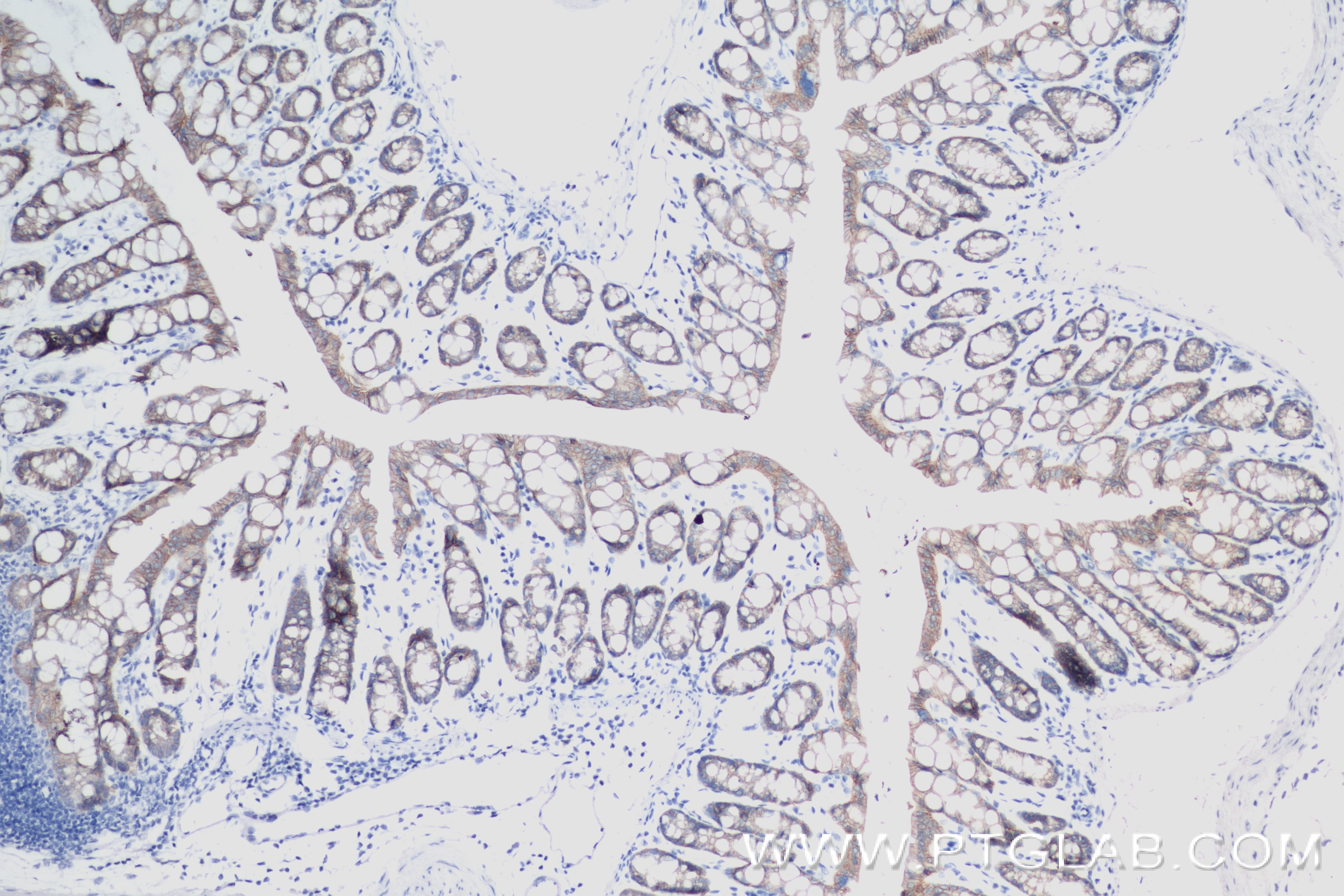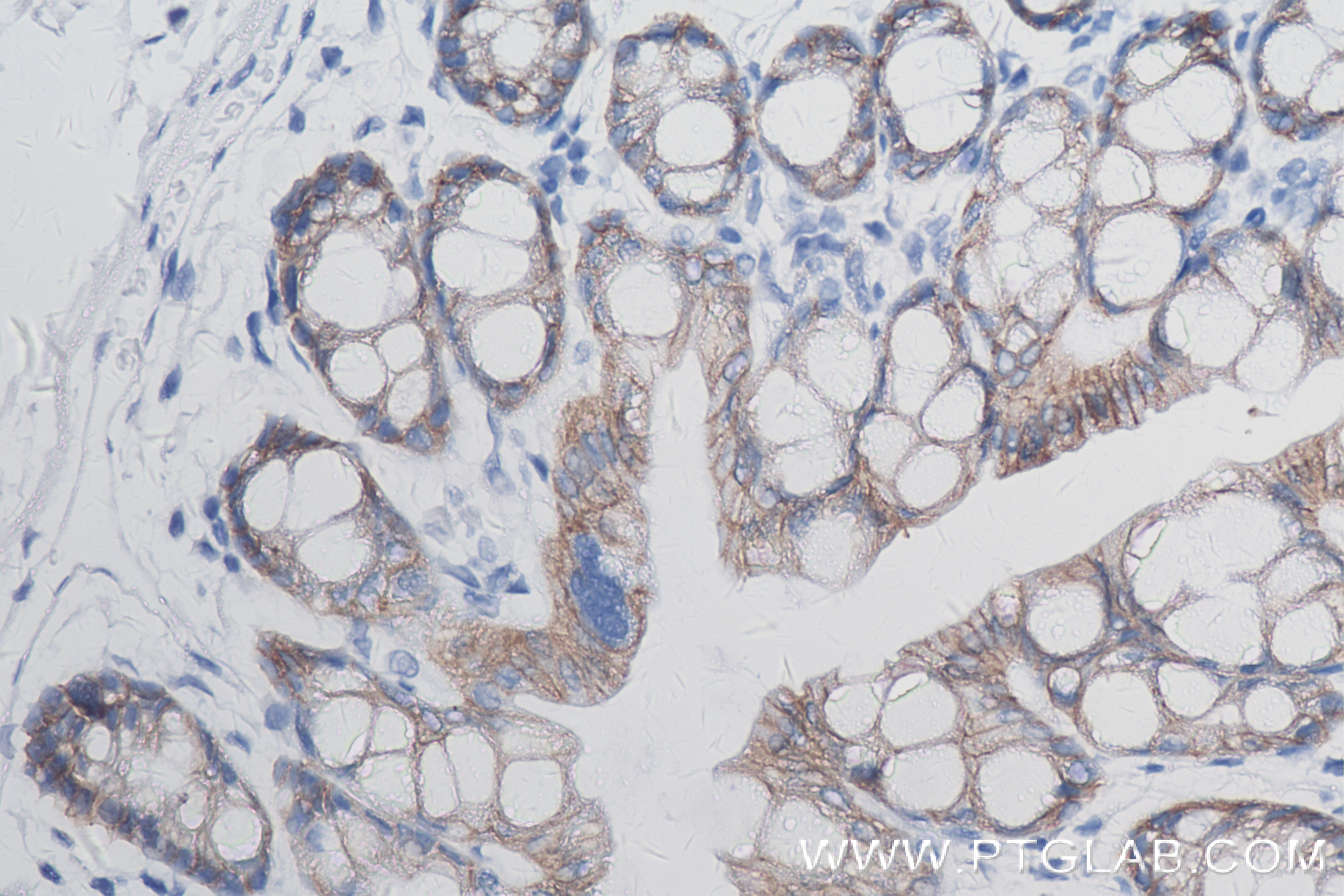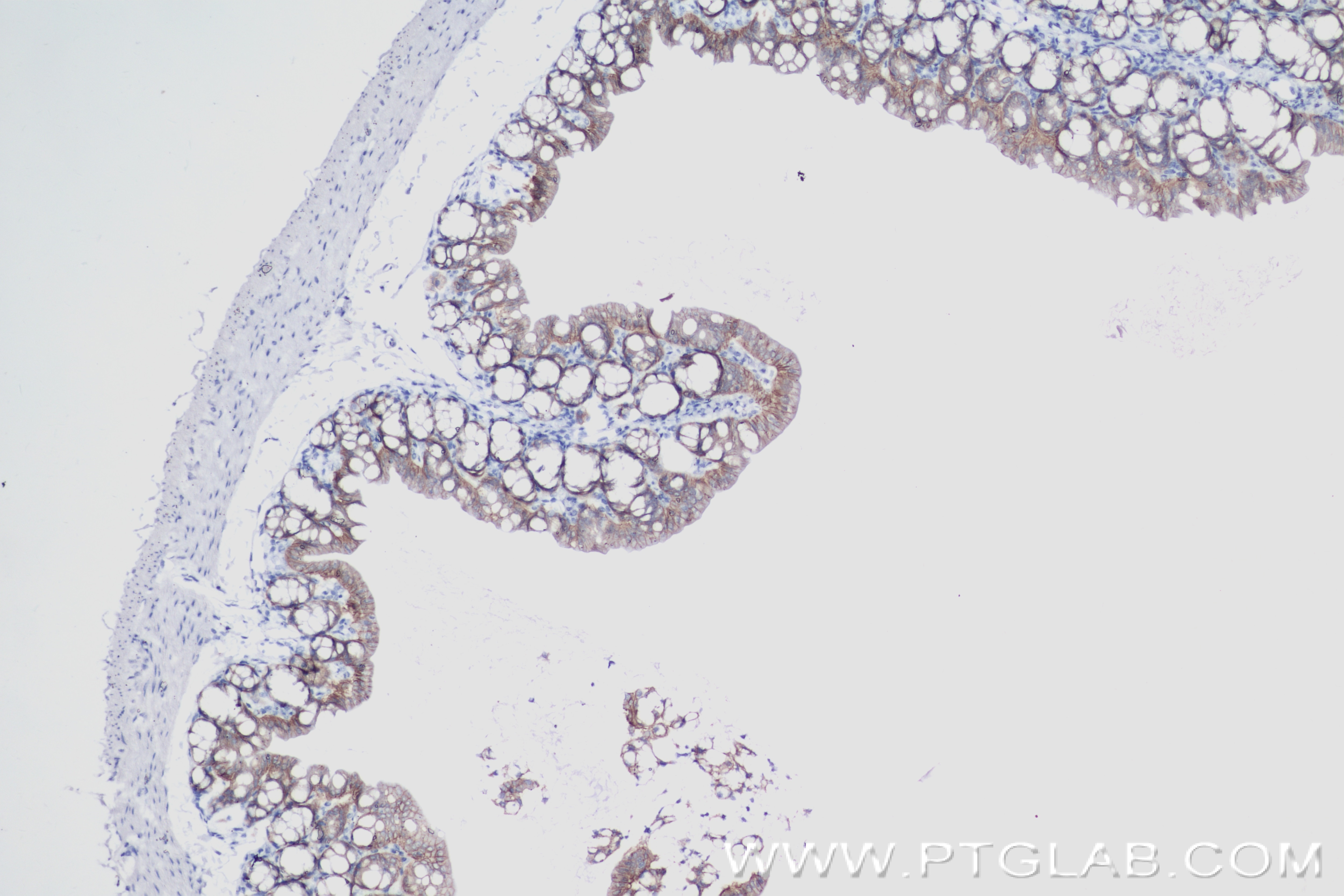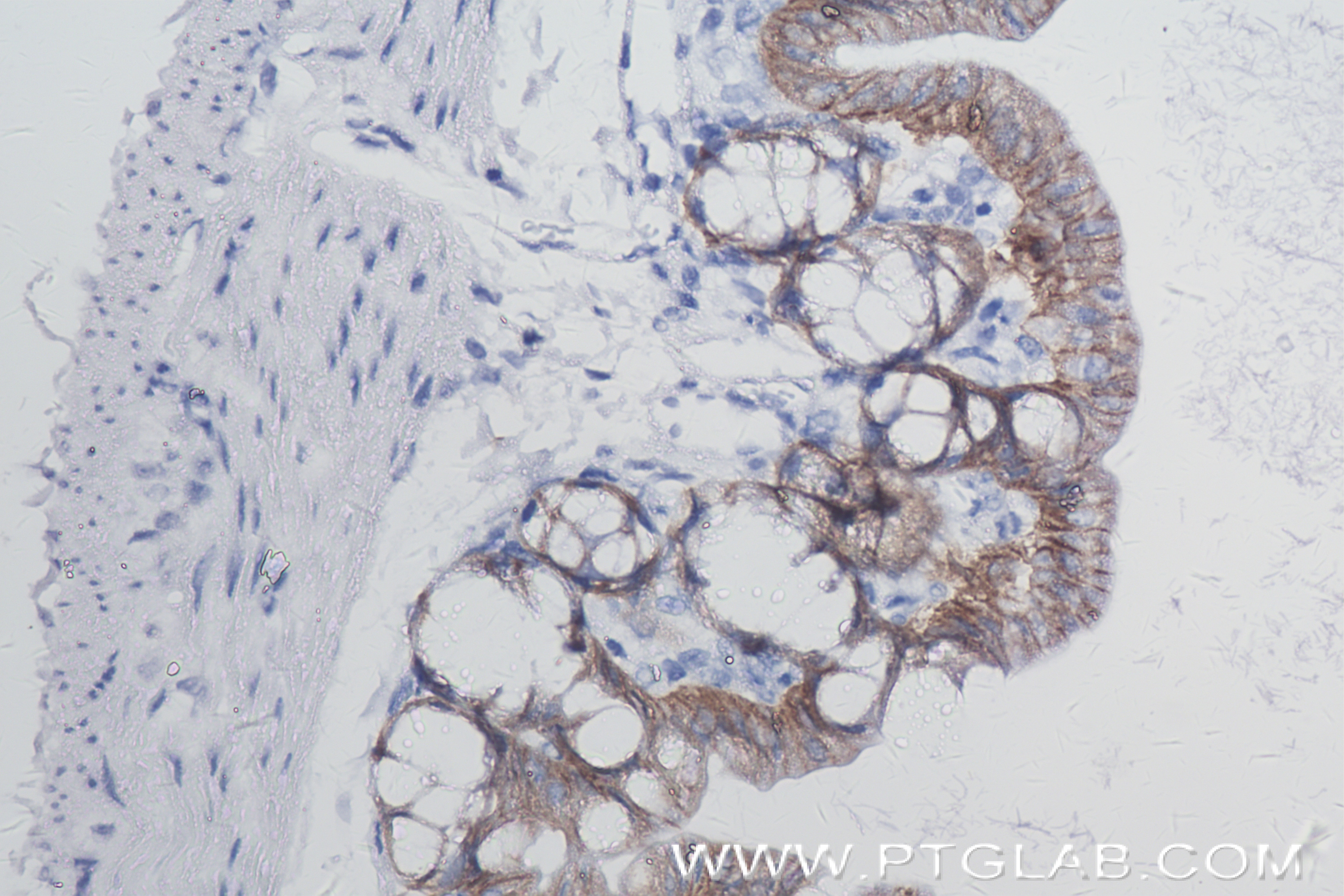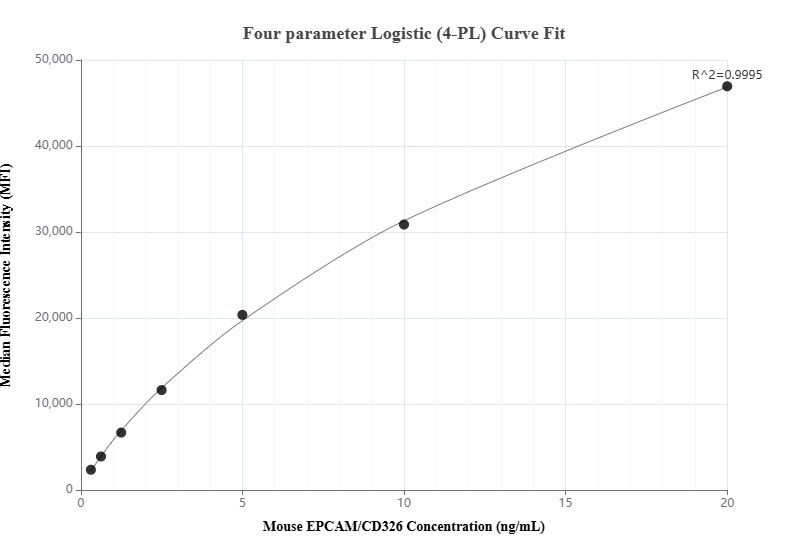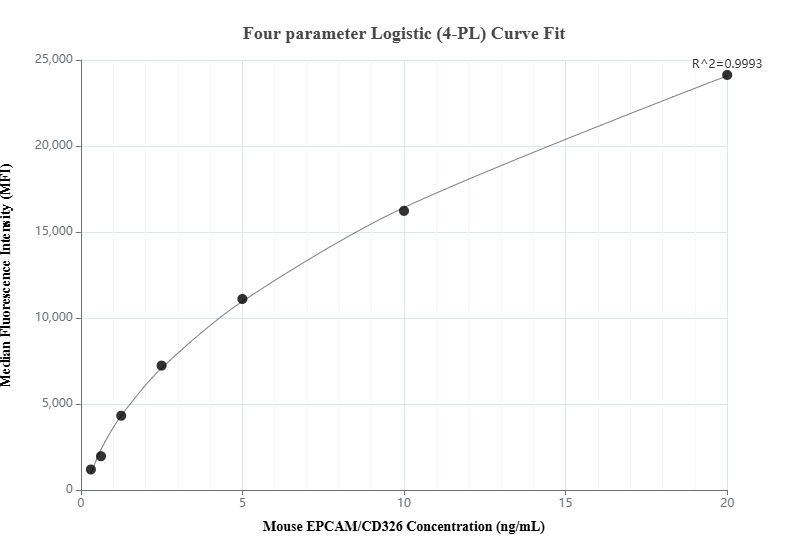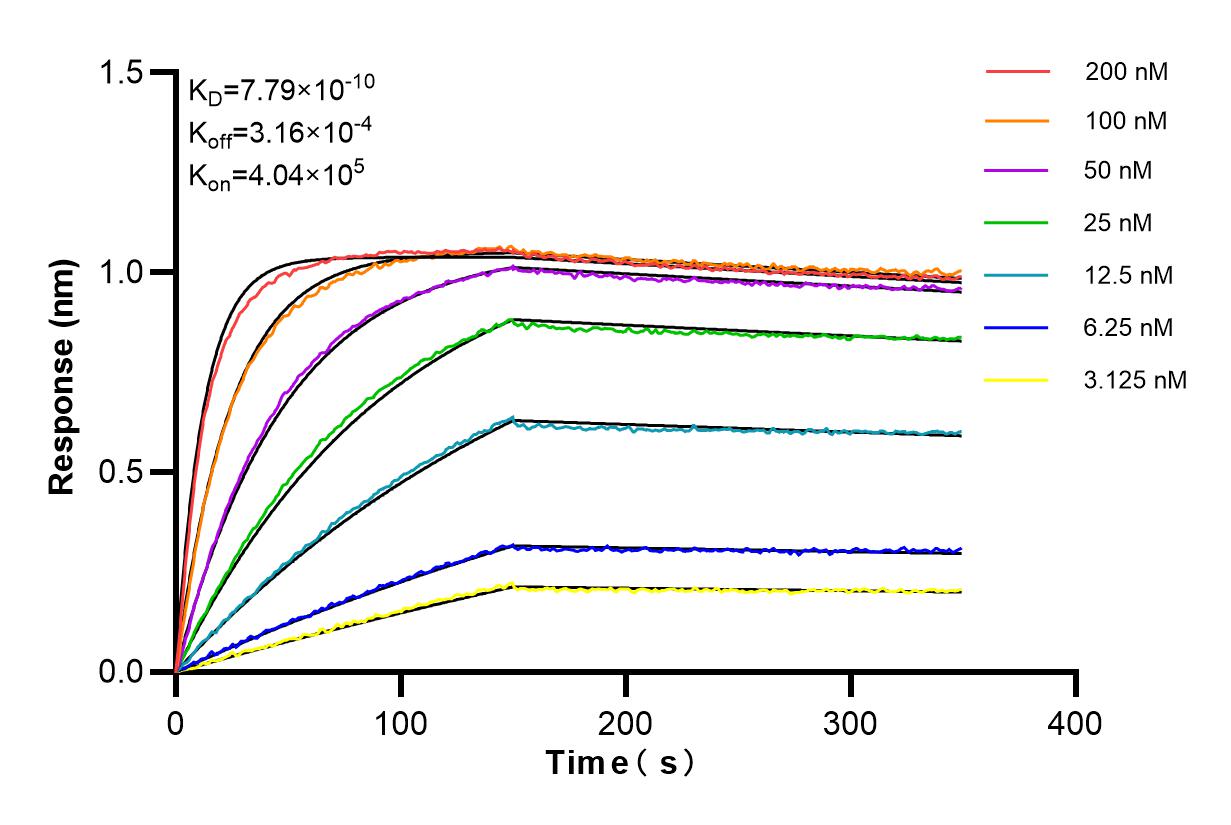Mouse EPCAM/CD326 Recombinant antibody, PBS Only (Capture)
EPCAM/CD326 Recombinant Antibody for WB, IHC, Cytometric bead array, Indirect ELISA
Host / Isotype
Rabbit / IgG
Reactivity
mouse
Applications
WB, IHC, Cytometric bead array, Indirect ELISA
Conjugate
Unconjugated
CloneNo.
241851E11
Cat no : 84490-2-PBS
Synonyms
Validation Data Gallery
Tested Applications
Recommended dilution
| Application | Dilution |
|---|---|
| It is recommended that this reagent should be titrated in each testing system to obtain optimal results. | |
Product Information
84490-2-PBS targets EPCAM/CD326 as part of a matched antibody pair:
MP01344-1: 84490-2-PBS capture and 84490-3-PBS detection (validated in Cytometric bead array)
MP01344-2: 84490-2-PBS capture and 84490-1-PBS detection (validated in Cytometric bead array)
Unconjugated rabbit recombinant monoclonal antibody in PBS only (BSA and azide free) storage buffer at a concentration of 1 mg/mL, ready for conjugation. Created using Proteintech’s proprietary in-house recombinant technology. Recombinant production enables unrivalled batch-to-batch consistency, easy scale-up, and future security of supply.
This conjugation ready format makes antibodies ideal for use in many applications including: ELISAs, multiplex assays requiring matched pairs, mass cytometry, and multiplex imaging applications.Antibody use should be optimized by the end user for each application and assay.
| Tested Reactivity | mouse |
| Host / Isotype | Rabbit / IgG |
| Class | Recombinant |
| Type | Antibody |
| Immunogen | Recombinant protein 相同性解析による交差性が予測される生物種 |
| Full Name | epithelial cell adhesion molecule |
| Calculated molecular weight | 35 kDa |
| Observed molecular weight | 35 kDa, 40 kDa |
| GenBank accession number | NM_008532.2 |
| Gene symbol | Epcam |
| Gene ID (NCBI) | 17075 |
| Conjugate | Unconjugated |
| Form | Liquid |
| Purification Method | Protein A purification |
| Storage Buffer | PBS Only |
| Storage Conditions | Store at -80°C. |
Background Information
Epithelial cell adhesion molecule (EpCAM, CD326) is a type I transmembrane glycoprotein that functions as a homophilic, epithelial-specific intercellular cell-adhesion molecule. In addition to cell adhesion, EpCAM is also involved in cellular signaling, cell migration, proliferation, and differentiation. EpCAM is highly expressed on most carcinomas and therefore of potential use as a diagnostic and prognostic marker for a variety of carcinomas, and has become a therapeutic target. EpCAM may occur in distinct forms due to glycosylation. (PMID: 20837599; 19249674; 21576002; 22647938; 12691820)
